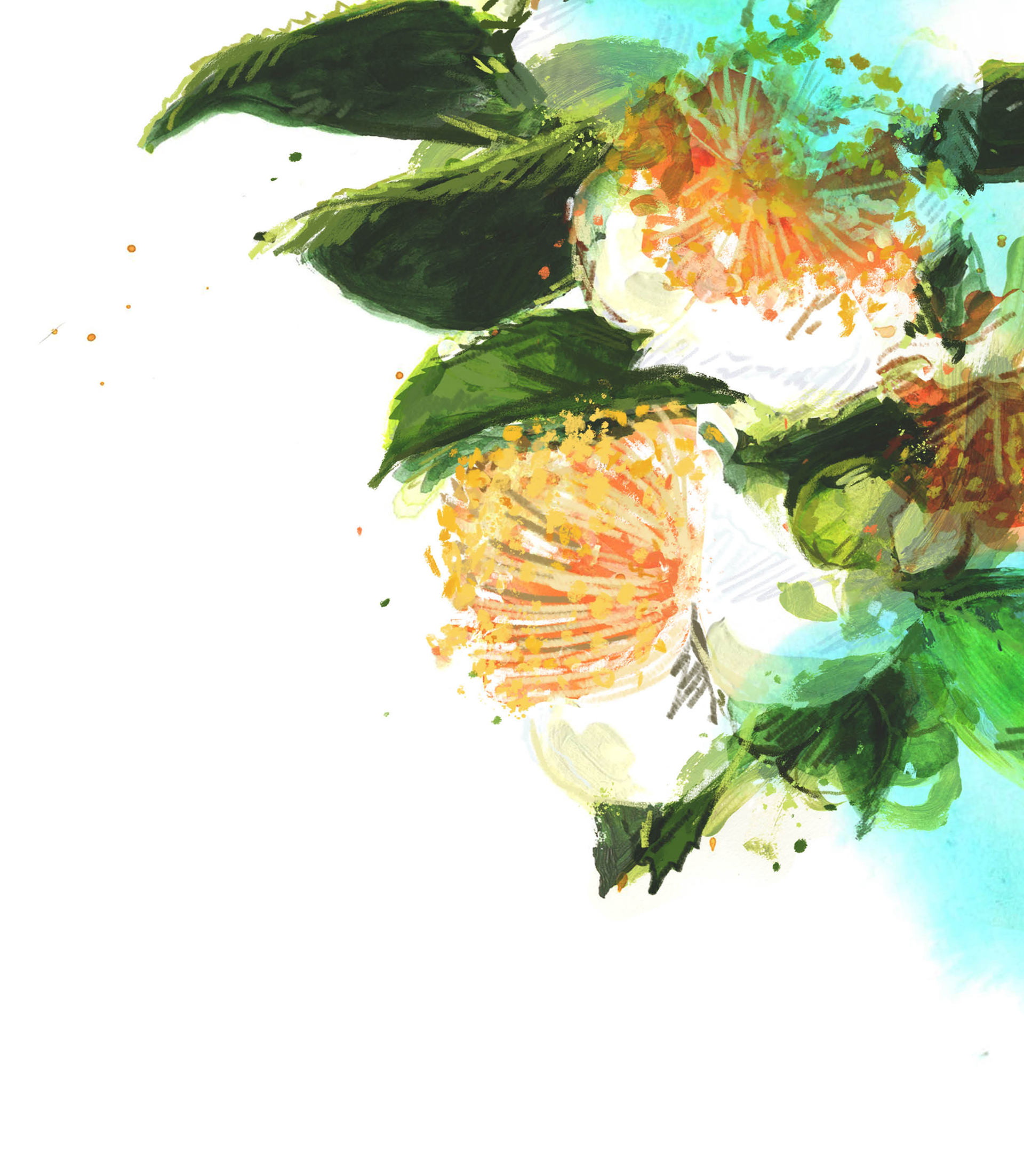Mandokoro: Now or Never
Featured in Issue #7 of the acclaimed print magazine Eighty Degrees.
[Excerpt]
In a remote corner of Shiga Prefecture in central Japan, a cluster of tea-producing towns cling to the banks of the Echi River as it winds through the Suzaku mountain range. Mandokoro, the head village of the region, was once the pride of Shiga’s tea industry - a heritage it is seeking to now reclaim.
At first glance, Mandokoro looks like any other long-forgotten hamlet in the Japanese countryside. The main – and only – road in town takes a graceful curve through a deep valley. Houses in the traditional kayabuki style line the road; some with their thatch exposed, others with rusting corrugated metal sheeting protecting the aged straw from the elements. A thoroughly wrinkled elderly woman sits in front of her barely-still-standing wooden home and nods a greeting. This is the only immediate sign of life in the village.
It’s my first visit. I’ve been told that this is the place to come to experience tea as it was produced a century ago. As I approach the most commanding of the larger farmhouses at the center of town, a voice echoes from beyond the shadowy genkan entryway room. “Come on in,” a woman shouts. You can tell she’s smiling by the bounce in her voice. “I’m in the back, just makin’ some tea!”
Art by Silvan Borer
The average age of the ninety or so residents in Mandokoro is around seventy years old, so it’s a surprise to find the youthful Ren Yamagata boiling water among the dim shafts of light at the back of the farmhouse. She’s in her mid-thirties, but entering Yamagata’s wooden home shows that she has thoroughly embraced the traditional mountain life. The front rooms are filled with harvesting tools, tea steaming equipment, and wooden baskets stained a deep brown from years of use. In the kitchen beyond, giant rice cauldrons rest on a traditional wood-burning stove, which sits beneath a cavern in the ceiling where smoke snakes its way through blackened beams and dry thatch.
Kneeling at a low table in an otherwise empty tatami room – this is the only room of the house that isn’t completely devoted to some aspect of tea production – Yamagata pours a cup of the town’s bancha tea. It has a sweetness that carries with it both a simple sense of pleasure and the satisfying sensation that the energy of the mountains has been made edible.
I tell Yamagata that I can taste the mountain, but she simply shrugs politely in response. There are those in the tea community who speak of tea in spiritual terms; tea masters who interpret the tea ceremony as communing with nature and tea drinkers who assign borderline-mystical properties to their favorite blend. Yamagata is not one of these people.
Instead, she urges tea fans to understand the rich tradition behind Mandokoro tea. The historical production techniques practiced here are what bring out the flavors, Yamagata says. There’s no magic or spiritual metaphor in her explanation. Practical reliance on the old ways — that’s the true secret to good tea. She looks forward to the moment when guests enjoy her tea for the first time. I take my first sip and immediately want to know more. I ask for details about the harvest and production process, but the answer I receive just brings my attention back to the experience; a gentle reminder to stop overthinking things. “This is Mandokoro tea,” she beams. “Just enjoy it.”
Read the full article in issue #7 of Eighty Degrees.
Art by Silvan Borer


